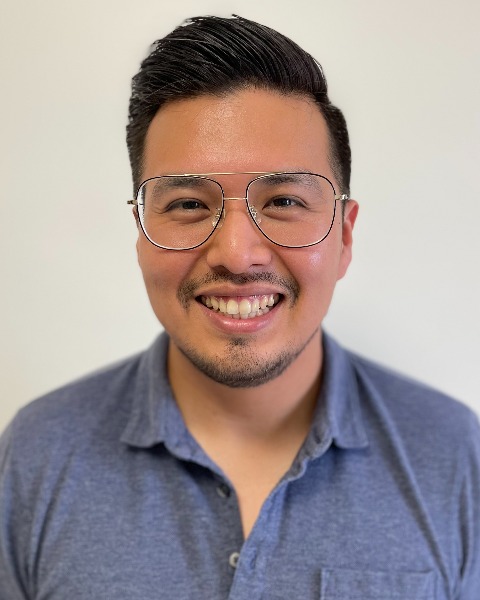
Edwin F. Ortega, B.S., M.S.
PhD Candidate
JM-USDA HNRCA, Tufts University
I am a first-generation Mexican American and indigenous scholar from California with strong interests in immunology, bioinformatics, nutrition, and metabolism. Thanks to the incredible mentorship I have received at the UC San Francisco Children’s Hospital Oakland Research Institute and the JM Mayer USDA Human Nutrition Research Center on Aging, I believe that I have developed a solid foundation for which I intend to build upon to become a research scientist. I first became interested in human health and disease from my personal experiences with the healthcare system. It was through these experiences where I observed that many immigrant and low-income individuals in my community did not have access to adequate medical care, fresh produce, or a safe space to exercise. While indigenous individuals from Mexico traditionally consume nutrient rich foods, migration to the United States often results in the adoption of a Western-style diet, which is often accompanied by adverse metabolic diseases. Many individuals in my community and immediate family struggled with diabetes, dyslipidemia, and cardiovascular disease. I attended UC Berkeley aspiring to become a medical doctor as a means to address the gaps in the quality of healthcare provided to underserved communities like mine. However, a post-undergraduate research opportunity in nutrition and metabolism at the UCSF Children’s Hospital Oakland Research Institute led me to consider a long-term career in research. For my graduate training at Tufts University, I have continued to pursue my research interests in nutrition and metabolism but also have sought out extra training in molecular cell biology and immunological techniques. Through doing so, I have greatly expanded my skillset, enhanced my scientific perspective, and developed research interests that fall within the intersection between immunology and nutrition and metabolism. Under the guidance of Dr Simin Meydani, a world-renowned nutritional immunologist, who has an extensive record for training predoctoral and postdoctoral fellows, I will determine if the host-associated lung microbiome and lipidome plays a key role in determining disease severity outcomes in mice infected with influenza. In addition to my thesis work, I have led as the primary study coordinator a human clincal research trial on Iron supplementational. Alongside my doctoral research training, I have had the opportunity to further refine my computational skillset by cross-registering at Harvard T.H. Chan School of Public Health and enrolling in various bioinformatics classes, which I intend to leverage in my doctoral research projects and this small project that examined the transgenerational effects of maternal obesity on offspring outcomes. Overall, I am excited to continue making great strides in my research training and academic education, and I believe that I have a strong background to achieve my long-term goal of becoming a scientist.

.png)